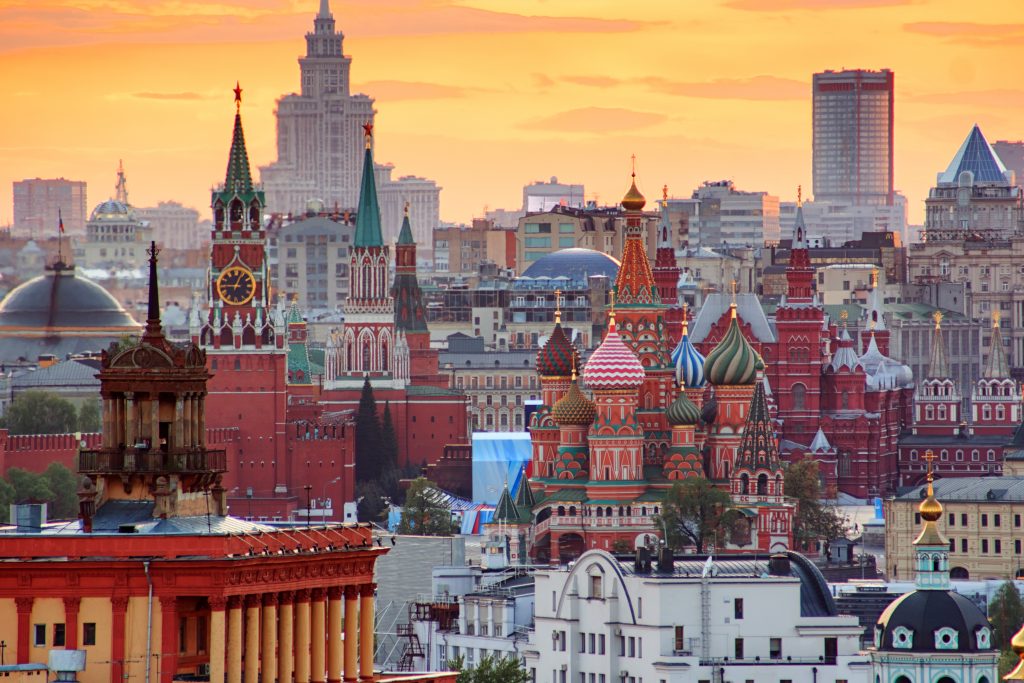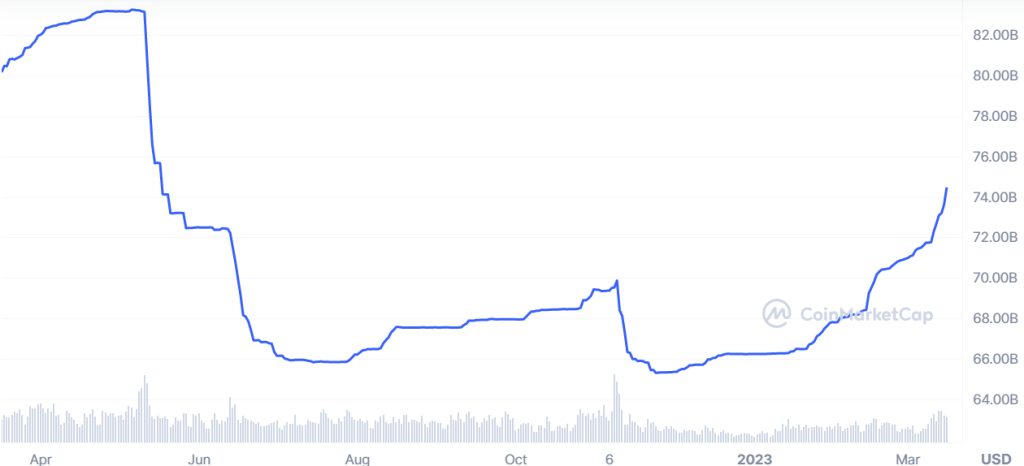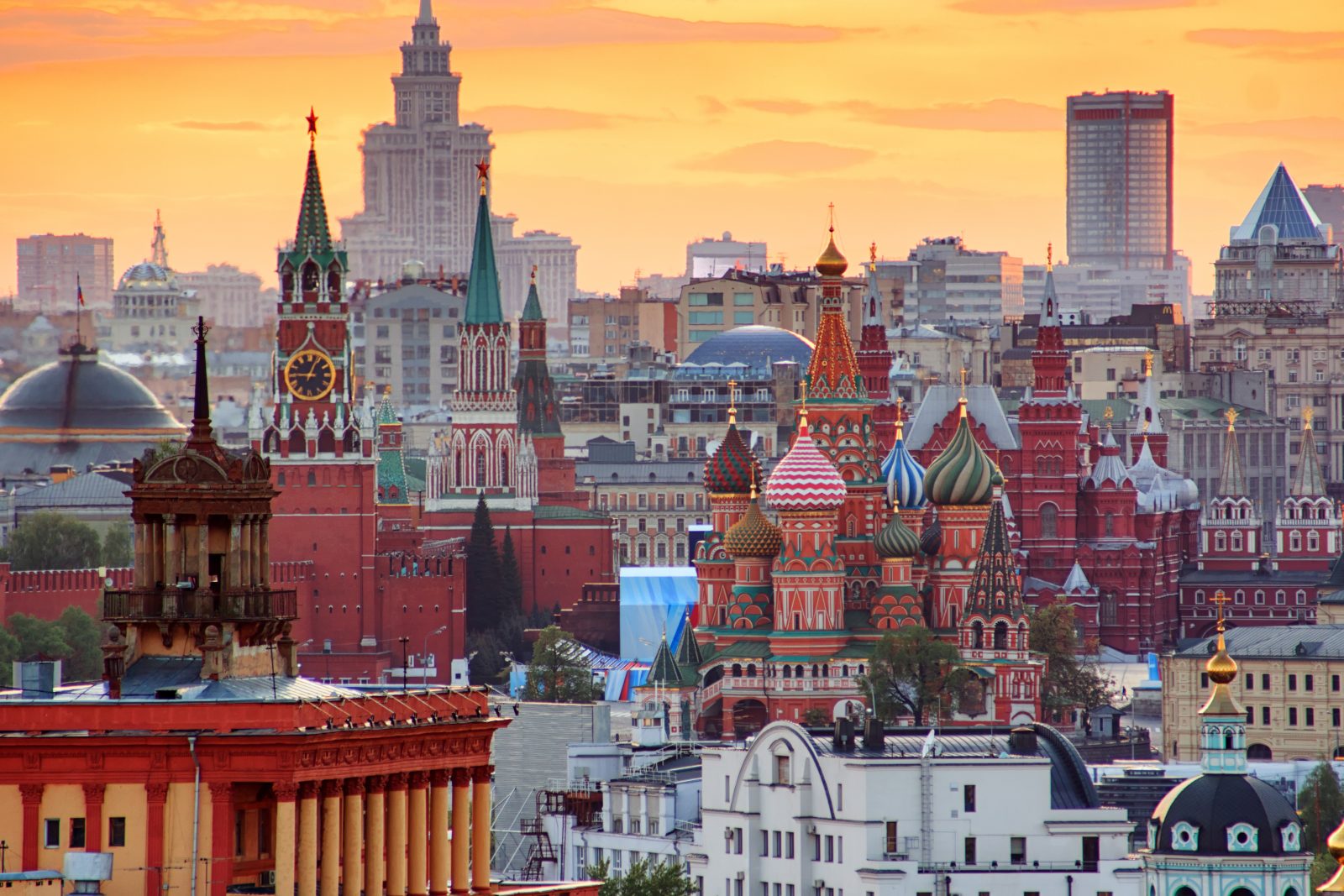
According to a recent report, Russians are allegedly sending Tether (USDT) to individuals located in the UK via “several” Moscow cryptocurrency exchanges.
Per the NGO Transparency International’s Russia branch and the media outlet The Bell, “several crypto exchanges” are now “operating” in Moscow, where they “offering services” that let Russians “withdraw cash funds” in the UK.
The NGO stated that it has “become possible to transfer money out of Russia with the help of crypto exchanges located in the Moscow International Business Center [aka Moscow-City].”
The transfer of money between Russia and other countries is strictly regulated by sanctions and countersanctions.
However, Transparency International Russia claimed to have located “eight cryptocurrency exchanges with headquarters in Russia that stated they were willing to transfer USDT.”
According to the platforms, “tokens will be converted into cash for delivery in London.”

The NGO wrote:
“Despite our [requests] to make transfers that would result in the delivery of over [$12,000] in cash (yes, bags full of cash), there was a distinct lack of curiosity from these exchanges about the identity of their customers.”
How Are Russian Crypto Exchanges Sending Cash to the UK?
The undercover agents of Transparency International Russia stated that “no passport or other type of identification documents were asked to happen in order for the exchange to happen.”
It said the exchanges only asked for “details of what the collector would be wearing and possibly the serial number of a banknote to prove their identity.”
The NGO reported that handover details were coordinated via the chat app Telegram, and that cash “couriers” based in London spoke “Russian.”
One of the exchanges was called Suex, and in 2021 the US imposed sanctions on the platform.
Washington thinks Suex’s platform has made money laundering possible.
The NGO stated that it “is a direct violation of British anti-money laundering laws” to neglect to request client identity details.
The NGO continued by saying that its investigators had traced the past of several cryptocurrency wallets connected to the exchanges.
Additionally, it stated that it discovered certain wallets had handled USDT valued at up to $470,000.
Transparency International Russia reported that smaller volumes of less well-liked cryptoassets seem to have been handled by the exchanges.
The anti-money laundering (AML) division of the Russian government announced earlier this month that it was keeping an eye on about 25,000 users who it believed to be engaging in AML violations.















1 Comment